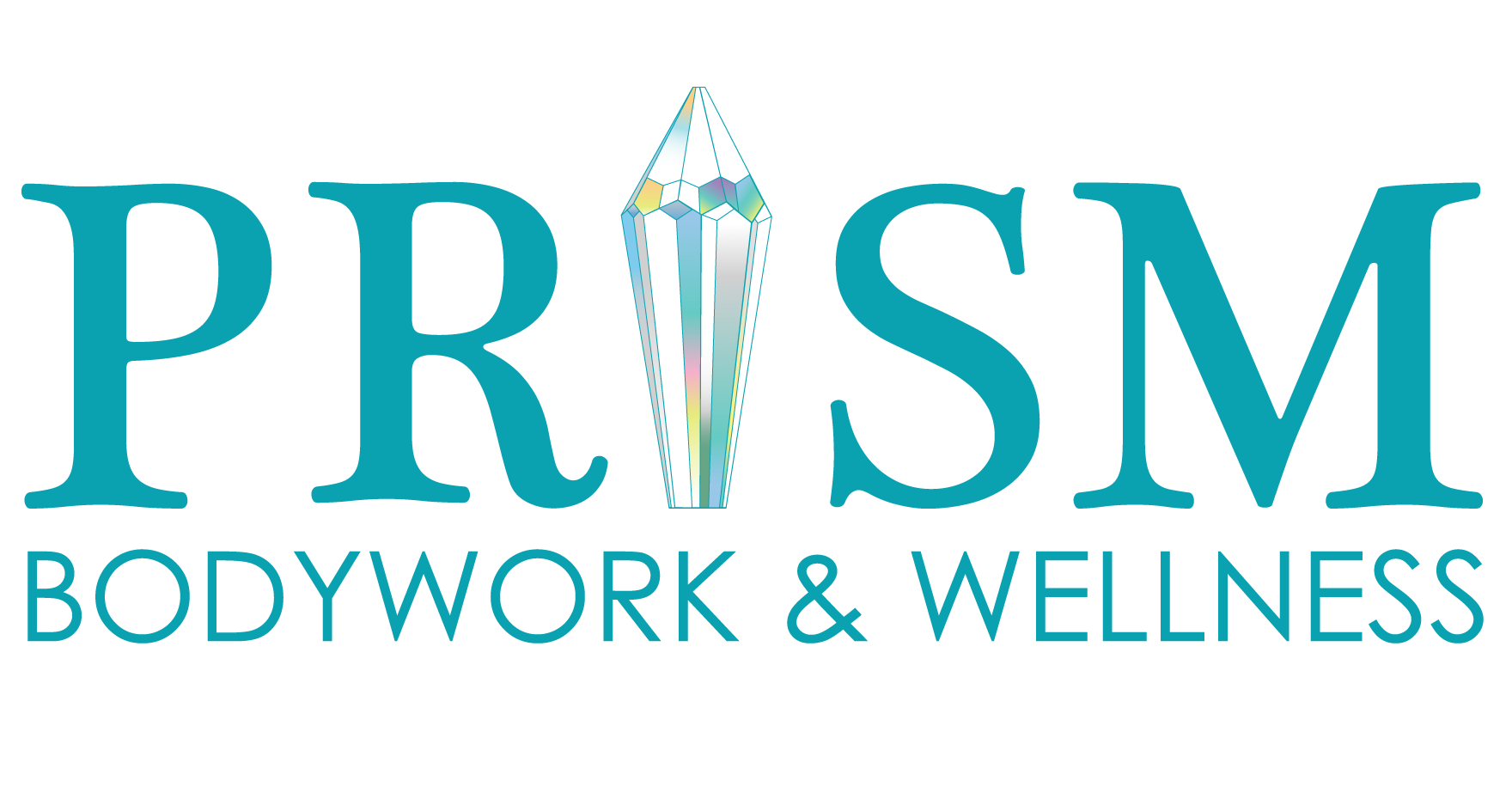When Love is a Verb: Breaking the Cycle of Chasing Unavailable Parents
A personal story about boundaries, self-worth, and the courage to stop begging for love
I didn’t call my dad on Father’s Day. I didn’t call my father, either. Just like I didn’t call my mom on Mother’s Day. It’s not because I don’t love them—I do. It’s because I’m finally done chasing love, begging for affection, and pouring energy into relationships that will never give back what I desperately need.
The Boundary That Changed Everything
Ten years ago, I wrote my mother an email that contained one simple sentence: Until you can treat me with loving kindness and stop treating me like shit, I choose not to be in your life.
That boundary didn’t just end our relationship—it revealed the truth about what our relationship had always been. She didn’t fight for me. She didn’t seek therapy or attempt to change. Instead, she chose silence, and somehow convinced my stepfather to do the same.
The wedding invitation I sent in 2017? No response. The birthday cards over the years? Ignored. When I desperately needed help moving my Nana and begged my stepfather for assistance, he refused. Yet occasionally, he’d send me a meme or follow me on social media (always in secret, and always with the understanding that my mother could never know.)
How do you claim to love someone while keeping them a secret?
The Meeting That Opened My Eyes
A few years ago, my stepfather asked me to meet him at Applebee’s. I went, hoping for connection, maybe even reconciliation. What I found was a man who looked older, more worn, but fundamentally unchanged. He spoke mostly about himself. When I mentioned my twins, he offered a polite response before changing the subject. There was no apology for his absence, no genuine curiosity about who I’d become, no acknowledgment of the many years that had passed, and no desire or effort to bridge the gap.
I left that restaurant with a quiet but firm decision: I would never do that again. The distance between us hadn’t shrunk over cold beers and dim restaurant lighting; it had only grown wider.
When Parents Fail to Parent
My birth father’s story reads like a textbook case of arrested development. Years of alcoholism and Peter Pan syndrome left him unable to be a real adult, let alone a real dad. Our relationship existed only because I made the effort, and even then, it was built on broken promises and empty words.
I’ve never spent a Christmas with my father. Not once since I was four or five years old. So when he promised to come one year and began planning for the big day, I allowed my inner child to get excited. His inevitable no-show absolutely devastated me. That’s when I set my second boundary and told him exactly what I thought of his empty promises and precisely where he could stick them.
The pattern was always the same: he’d gush about loving me when we did see each other, insist that I should “call more,” then he’d let those calls go unanswered for months and years. Eventually, I stopped calling. I decided it was his responsibility to right the wrong of never being a father to me, just like it was my mother’s responsibility to repair the damage of abandoning her role as a mother.
Love is a Verb
Here’s what I’ve learned: love isn’t just words and promises. Love is action. We love people by showing up, by being there during hard times and celebrating the good ones. We love through embodying support, encouragement, and genuine care.
I have rarely, if ever, felt that kind of love from any of my parents—not my mother, my father, or my stepfather. What I felt instead was that I was a burden, an afterthought, and a nuisance to be managed until I was old enough to be discarded. When my best friend turned eighteen, her parents threw her a big party with cake balloons, and a brand new car. When I turned eighteen, my mother literally packed my 1976 Volvo with my belongings and said, “Don’t let the door kick you in the ass on the way out.” At the time I had nowhere to go, so I slept in my car in desolate parking lots for months.
The Architecture of Neglect
My childhood was built on extremes: either complete neglect or overbearing punishment. My mother wielded silence like a weapon, withholding love and attention when she was displeased. Mornings meant walking on eggshells around her Marlboro Light 100’s wafting smoke and her eyes shooting daggers; warning glares that said, “Don’t fucking bother me, child.”
While other children got warm hugs or went to lunch with their parents, I was sent to my room—out of sight, out of mind. Physical affection was rare. My mother told me stories about how she didn’t even want to hold me when I was born, how she was afraid she’d drop me, how she’d wanted an abortion or to give me up for adoption.
Looking back, I can see the scared eighteen-year-old girl she was, dealing with her brother’s murder, her own history of sexual abuse, and an abusive relationship with my father. She was forced into marriage and motherhood before she’d had a chance to heal from her own trauma. In many ways, I was an innocent scapegoat for pain that had nothing to do with me.
The Scapegoat’s Burden
I was the “difficult” child—hyperactive, needy, loud, with no filter. I said inappropriate things and often got in trouble. The more I reached for my mother’s love, the further she pulled away. When I began to rebel and talk back, she blamed me entirely, never recognizing that I was responding to her own dysfunctional patterns.
Verbal abuse became her weapon of choice, wielded with expert precision. When that failed, she’d resort to yelling and screaming. In my thirties, when my twins were fourteen, I finally said enough. Instead of acknowledging her behavior and asking for forgiveness, she chose her tried-and-true response: The Silent Treatment.
The Painful Irony
That boundary I set gave me exactly what I wanted—peace and an end to verbal abuse. But it also cost me the one thing I wanted more than anything else: my mother’s love. Though now, I wonder if I ever really had it to begin with.
The silence continues to this day. She didn’t come to my wedding. To my knowledge, she’s never met her grandchildren as the adults they’ve become. She didn’t even come to their high school graduation. She’s chosen to live as if I don’t exist, and perhaps that’s exactly what she always wanted.
Breaking the Cycle
This Father’s Day, as I watched others celebrate relationships I’ve never had access to, I felt the familiar ache of longing. But I also felt something else: the inner strength and quiet fortitude that comes from finally accepting reality instead of chasing fantasy.
I’ve learned that I cannot force people to love me the way I deserve to be loved. I cannot make my parents take responsibility for the wounds they created. I cannot heal their trauma for them or compensate for what they refuse to acknowledge.
What I can do is stop participating in dynamics that diminish my worth. I can choose relationships that are reciprocal and healthy. I can love myself with the kindness and consistency they never showed me.
The Gift of Boundaries
Setting boundaries with my parents wasn’t just about protecting myself from further harm. It was about finally honoring my own worth. It was about acknowledging that I deserve to be treated with respect and kindness, and that I won’t accept less than that from anyone, even family members.
It’s taken me years to understand that their inability to love me properly was never about my worth as a person. It was about their limitations, their unhealed wounds, and their choices. I was an innocent child who deserved love, attention, and nurturing, not someone to be tolerated or discarded. This is still true as an adult.
Moving Forward
Today, I have adult children who know they are loved not just through words but through actions. I’ve built a successful healing business. I have amazing friendships based on mutual respect and genuine care. I’ve created the life and the love I never received as a child.
The grief is still there. It may always be. There’s a unique pain in losing parents who are still alive, in mourning relationships that never really existed but that you deserved to have. But alongside that grief is something powerful: the knowledge that I am worthy of love, that I deserve better, and that I have the strength to create what was never given to me.
To anyone else who is still chasing love from unavailable parents: you are not responsible for their healing. You are not obligated to set yourself on fire to keep them warm. Love is indeed a verb, and you deserve to be on the receiving end of actions that match loving words.
Your worth isn’t determined by their inability to see it. Sometimes, the most loving thing you can do is to stop begging for what they cannot give and start giving it to yourself.
If you’re ready to start healing your inner child, consider booking a session with me! I’d love to support you. Click here to start your journey.
Crystle Castle is a business owner, medicine woman, mother, and advocate for healthy boundaries. She believes in the power of breaking generational cycles and creating the love we deserve. She specializes in women’s healing, childhood trauma, and helping women come home to themselves with the power of spiritual and holistic healing, massage therapy, and trauma-informed bodywork.
Related Posts
Trauma Informed Bodywork and Healing Childhood Trauma
As a healthcare practitioner and survivor of childhood trauma, I understand the profound impact that childhood trauma can have on an individual’s mental and physical well-being. If you’ve experienced abandonment, neglect, abuse, or violence during your formative years, it’s essential to acknowledge that these wounds may continue to influence your daily life, even if you’re…
Read MoreMy Story: From Childhood Trauma To Healing
When I think of my childhood, I think of a very few fond memories mixed with a lot of sad ones. I remember fishing with my grandpa with my Mickey Mouse fishing rod. And I remember crying because my Daddy didn’t want me. Like so many others, my mother was a single mom, having left…
Read More


